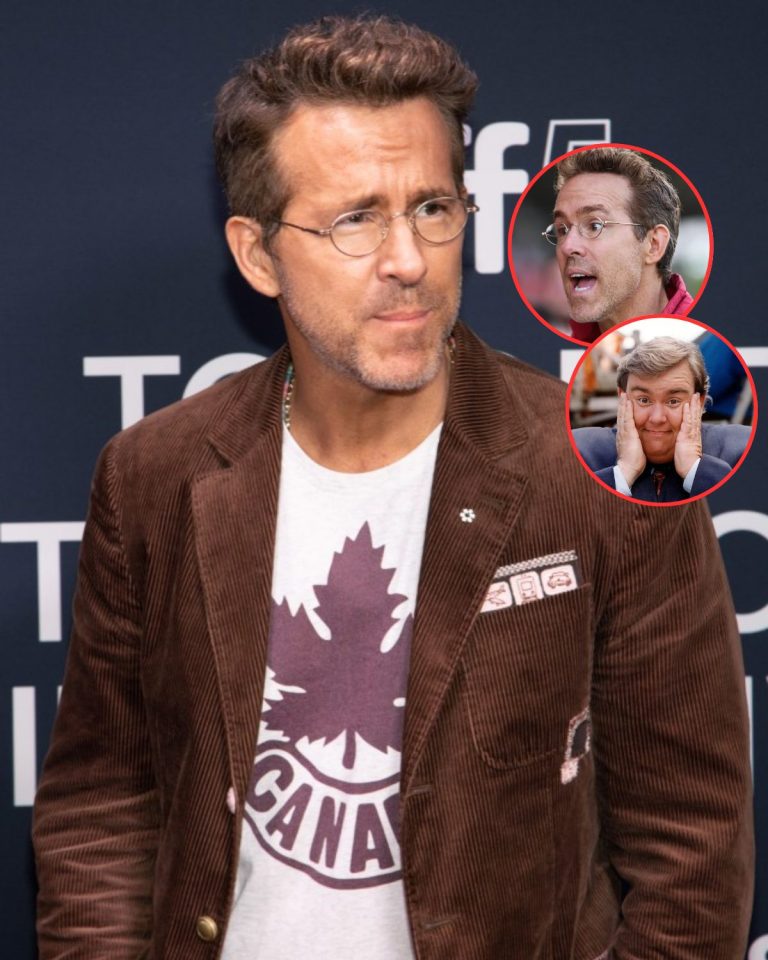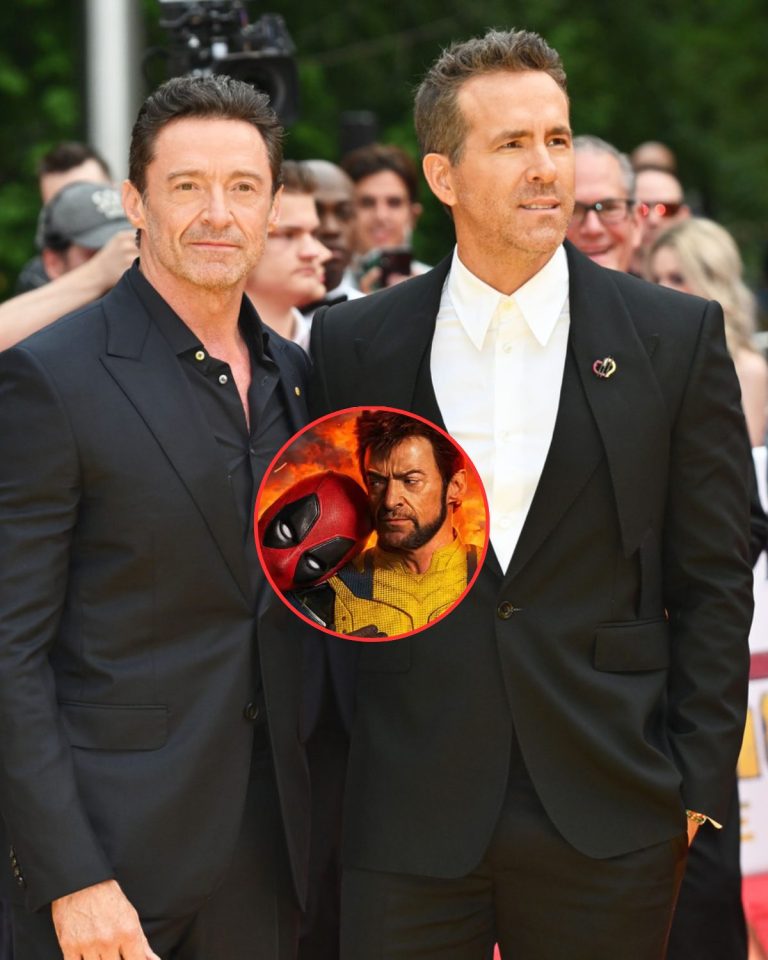Russell Wilson is a football icon, but he’s also made a difference off the field.

The New York Giants’ starting quarterback Russell Wilson is now in his 14th NFL season, having played for four teams and achieved much of what every young football star dreams of doing if they make it to the league. He has a Super Bowl ring, a Walter Payton Man of the Year Award, 10 Pro Bowl selections, and much more. He’s a football icon.
But as the Man of the Year Award indicates, Wilson’s not just a star on the field. He also puts the work in outside of football through a nonprofit, the Why Not You Foundation, which he shares with his wife, pop star Ciara. It was through his nonprofit work that, as Ciara recently recounted, he met a teen struggling with leukemia, and with one conversation, may have saved his life.
How Russell Wilson helped save a teenager’s life

Speaking about the family’s charity work during an appearance on Los Angeles radio station Power 106 earlier this month, Ciara recounted the story of Milton Wright, a teenager diagnosed with debilitating and possibly fatal leukemia. Wright’s only hope for improvement at the time was an experimental treatment, and the young man wasn’t sure he wanted to continue suffering through a procedure that might not work. That, according to Ciara, was when Wilson stepped in.
“Russ went in and talked to him and convinced him, ‘Hey, kid,’ told him his story about losing his father, everything,” Ciara said, according to People. “Before you know it, the kid changed his mind, got up and was like, ‘I want to do it.'”
Ciara shared the story as a way to outline the philosophy that drives the charity foundation she shares with Wilson, and what they hope to teach kids who are looking for ways to change their lives.
“You think about, like, the power in that,” Ciara said. “It’s such a blessing and we’re just really big on encouraging people to have a ‘Why Not You’ attitude because we still have to tap into that ourselves. We know the power of that, right? Why Not You? It’s real special to us, real near and dear to our hearts.”
Wilson’s side of the story

This is not the first time the Wilson family has shared the story of Milton Wright publicly. Back in 2016, Wilson wrote a piece for the Player’s Tribune explaining the situation in more detail. According to Wilson’s account, Wright underwent an experimental T-cell treatment at Seattle Children’s Hospital, back when Wilson was still quarterback for the Seahawks.
The treatment caused Wright’s fever to spike, and doctors gave the young man and his family the option of pulling back the T-cells in his body, essentially resetting his condition and dropping the treatment. Or, he could continue, see if his fever broke, and possibly survive the cancer.
Wilson used the moment to tell Wright about his late father, who’d fought through diabetes to stay with his family.
“Normally I like to keep my father’s story private, but I told Milton about his long battle with diabetes,” Wilson recalled. “I told him how my father had lost his ability to walk. Then lost his sight. I told him how the doctors had basically given up and told us he had only a few days left to live when he slipped into a coma.
“They said maybe 24 hours.
“But he kept fighting and came out of his coma. And he kept on fighting for two more years.”
Wilson’s story convinced Wright to keep fighting, and he eventually not only went into remission, but became an advocate at Seattle Children’s Hospital for other young cancer patients, encouraging them in their fights against the disease.






